In the US and Europe containment policies and public compliance are left wanting in the face of a major second/third wave. The rich world is pinning its hopes – both in terms of health and economics – on the Pfizer vaccine.
- In Europe and the US, the long-predicted autumn wave of COVID-19 is well underway – the pandemic is raging and the numbers of new infections are “really staggering” (in the words in Peter Piot, the director of the London School of Hygiene and Tropical Medicine and a special adviser to Ursula von der Leyen). Northern Americans and Europeans are paying a high price for what essentially boils down to a collective inability to follow behavioural measures susceptible to contain the pandemic.
- The West’s failure to deal adequately with the pandemic is in sharp contrast to Asia’s success in containing it. As we’ve argued in the past, it’s next to impossible to ascribe success or failure to a set of identifiable policies, measures and norms that are all closely intertwined. However, Asia’s success is based upon this broad commonality: a clear set of policies – ranging from mask wearing to testing and tracing – implemented and followed across the board, in democracies and autocracies alike. The endgame is this: Asia projects an image of competence and discipline while Europe and the US convey an impression of “un-governability”.
- The good news and the bad news. The drop-in fatalities from the virus is real, even when accounting for age. One study conducted in NYC concludes that the mortality rate for hospitalised patients has now dropped below 8% compared to 25% in the spring (other studies reach broadly similar conclusions). BUT the death rate from COVID-19 seems to be around ten times higher than that of the flu, and the virus can come with long-term damaging physical and mental effects – the so-called “Long-COVID” syndrome. No one knows yet with precision how many infected people suffer from it, for how long and with which intensity.
- New research from the IMF suggests that an economic recovery won’t happen in earnest until consumers feel safe. It is based on the following observation: the biggest negative impact on economic activity doesn’t come from the lockdowns and restrictive policies imposed by governments, but rather from individuals’ perceptions of fear. Analysts and the media obsess about mandatory lockdowns, but the real recession / depression ‘culprit’ is “voluntary social distancing” which results in severe reductions in spending on those activities / pastimes rooted in sociability.
- Game-changing news. The COVID-19 vaccine developed by Pfizer and BioNTech is more than 90% effective and the first among phase 3 trials – the last stage before commercial licensing (ten other vaccines are in late-stage trials). This is great news, but it won’t alter the pandemic trajectory over the winter. It will take months before the vaccine is widely distributed. A likely scenario: thanks to vaccinations, the rich world will reach herd immunity in Q3 or Q4 of next year, while the transition to a “new” normal will begin in Q1 or Q2.
- Should you wish to assess in a granular fashion the impact that COVID-19 will have on your organisation, please contact us. The Monthly Barometer has joined forces with its partner company The Oracle Partnership and Nik Gowing at Thinking the Unthinkable to shed light on any given macro or micro issue addressed in COVID-19: The Great Reset. At short notice, we can put together a tailor-made (not off the shelf!) virtual event to help you better understand what’s going on and what’s coming next.


